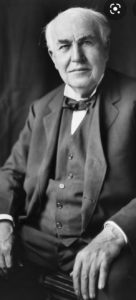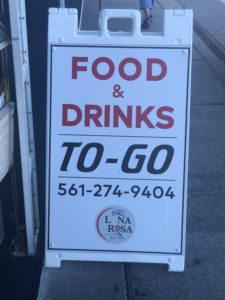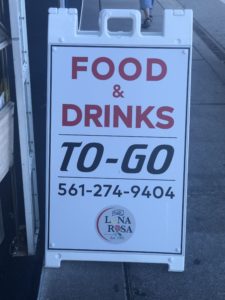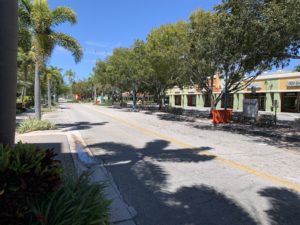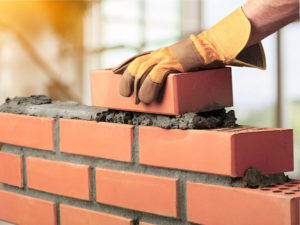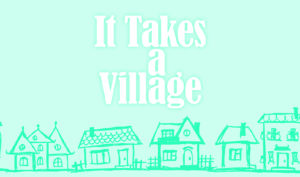
I’m officially sick of Zoom.
Yes, it’s better than nothing and better than a phone call or text chain, but I miss my family and I miss my friends.
I miss making plans to get together. I miss real happy hours. I miss restaurants. I miss bars. I miss being able to walk into a store without looking like I’m going to rob the place.
I even miss business meetings where you sit in an office and talk to someone about opportunities and possibilities.
I miss life.
I suspect I am not alone.
Last week, I touched base with a slew of friends and every single interaction made me feel good or at least better.
And truth be told, a little sad too.
Sad, because I have to come realize how much I miss being able to see them in person.
We had a Zoom happy hour last week with some of my favorite people in all of the world. People who have made a huge difference in our community.
When we get together, we always laugh and hug and joke and talk and share. We did the same thing—minus the hugs and it was great. But I do miss the hugs.
We are social beings.
And so every time I read about the “new normal” I want to debate the topic.
I just don’t see us social distancing forever.
For now—yes. We need to, it’s important.
Forever—no. People are meant to be together.
We will get past this thing and anything else that follows it.
There will be a vaccine. There will be effective treatments.
In the meantime, it is important to be there for each other.
I have a dear friend who calls me once a week. He told me he calls five people a day just to check in. It might a co-worker, a friend from church, a neighbor or a relative—he just makes sure to check in.
I so appreciate being on his list.
“It’s so important to call,” he told me. “Just to see how you’re doing.”
Amen. It’s so important to check in with each other.
I think most of us are doing—meh or worse.
We all have our moments.
Children are missing school and their friends. Seniors are missing proms and graduations.
People are losing jobs. Many can’t pay their bills. Families are lined up to get food from Food Banks.
Our nest eggs are smaller. Our future’s are uncertain.
We worry about getting sick. We know people who are sick. We know people who have died. Alone.
All alone.
We know businesses that have closed or are struggling. Each one is a dream in trouble or dashed.
We mourn it all.
My daughter is a teacher. She works with special education students and last week she sounded so tired. Remote learning is a slog.
She misses her kids.
Trips have been cancelled.
Holidays come and go.
Weddings are threatened by a virus.
Celebrations of all kinds put on hold.
It is a sad sad time.
And I’ve come to learn that it’s OK to be a little sad; to let myself feel all of it at times.
But I will not give up on a brighter future.
Neither will you.
We will be each other’s rock.
And we will see each other on the other side and it will be a happy, happy, happy day.
